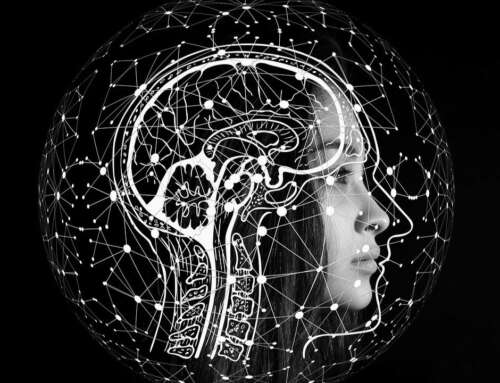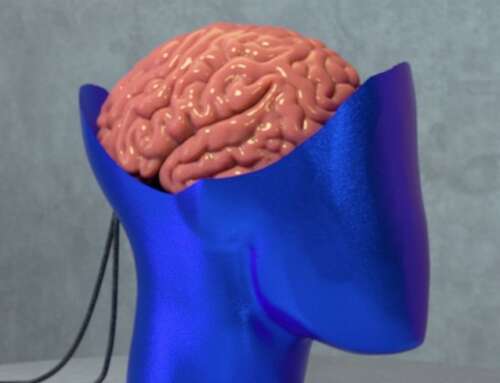While some would believe dehumanizing someone is a way of expressing dislike, new findings suggest that the two may actually be different psychological processes.
The study titled “Denying humanity: The distinct neural correlates of blatant dehumanization” was published in the Journal of Experimental Psychology on May 31.
“When people are dehumanizing others, they are mobilizing different brain regions than when they are registering their dislike,” said co-lead author Dr. Emile Bruneau from the University of Pennsylvania.
To put into perspective, you may love a puppy or an infant while acknowledging that they don’t have a fully realized human mind. And you may dislike a colleague but still acknowledge them as human.
In the experiment, participants were asked to judge various groups while functional magnetic resonance imaging (fMRI) was used to observe their brain activity. The groups they looked at included Americans, Muslims, Roma, puppies, surgeons, homeless people, Europeans, mice, etc.
Dislike was measured using a “feeling thermometer scale,” as people would rate how warm or cold they felt toward a specific group. Dehumanization, on the other hand, was measured using the well-known Ascent of Man image. Here, participants were asked where they would place each group on the scale which showcases the stages of evolution.
It turned out that dehumanization and dislike were processed by two completely separate regions of the brain.
– Sadhana Bharanidharan
Read more: Dislike And Dehumanization Are Two Different Psychological Processes, Study Shows
Image source – Flickr.com







Leave A Comment